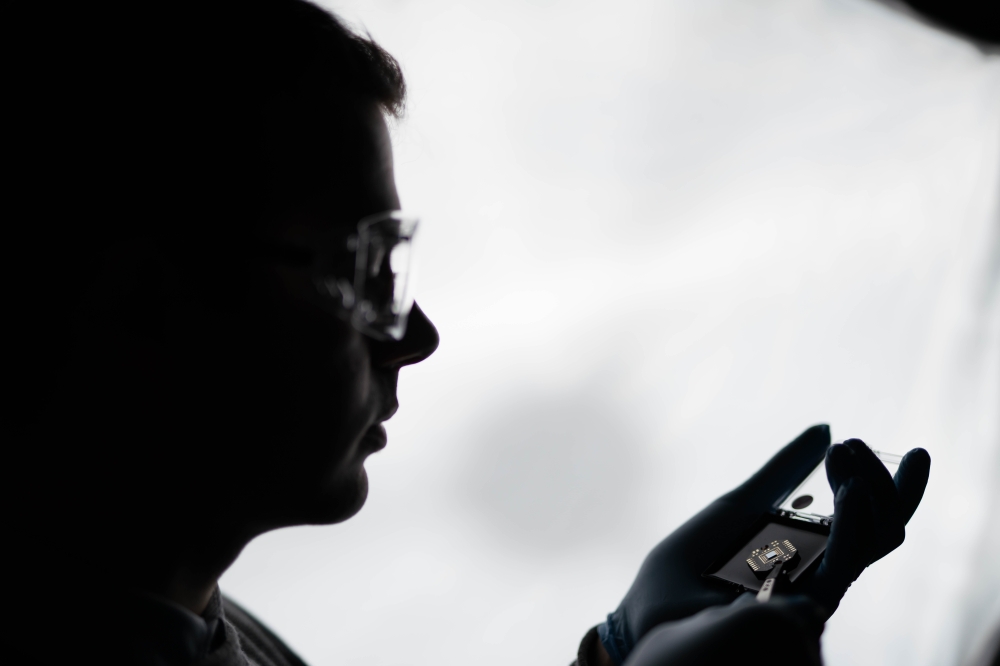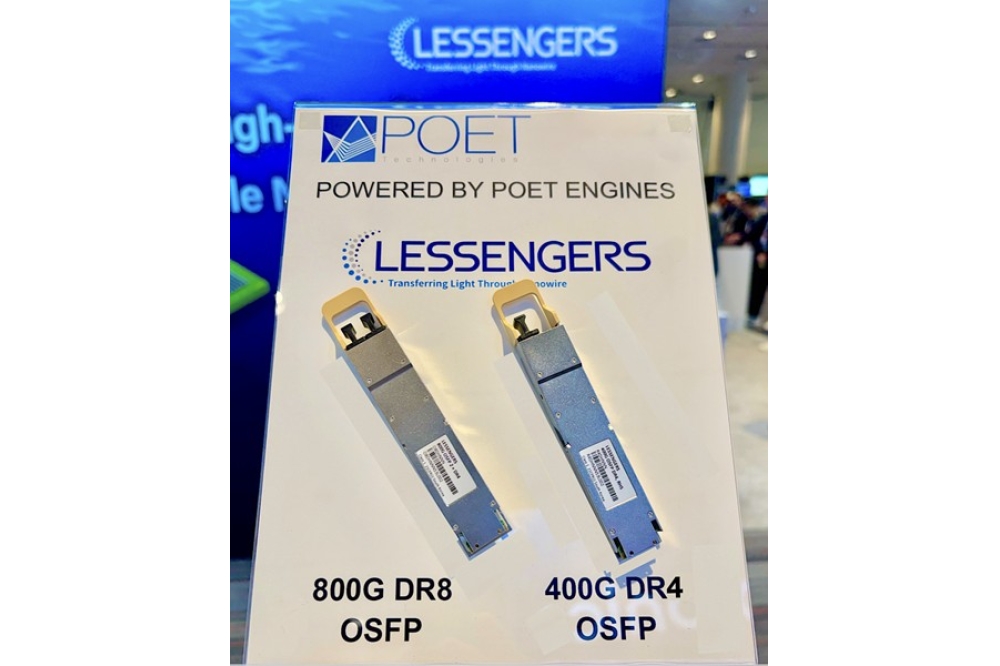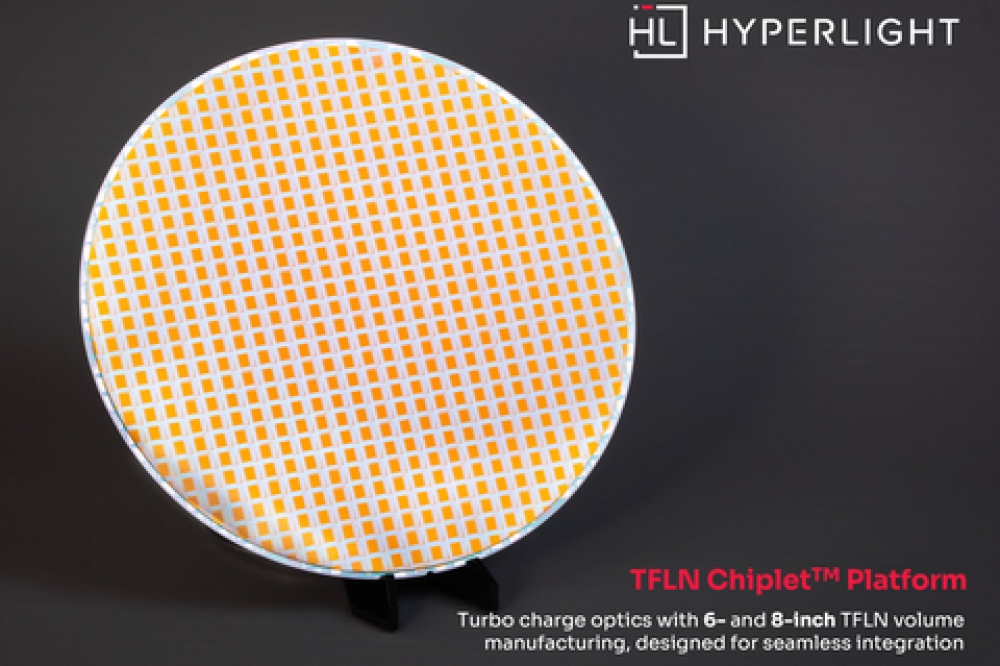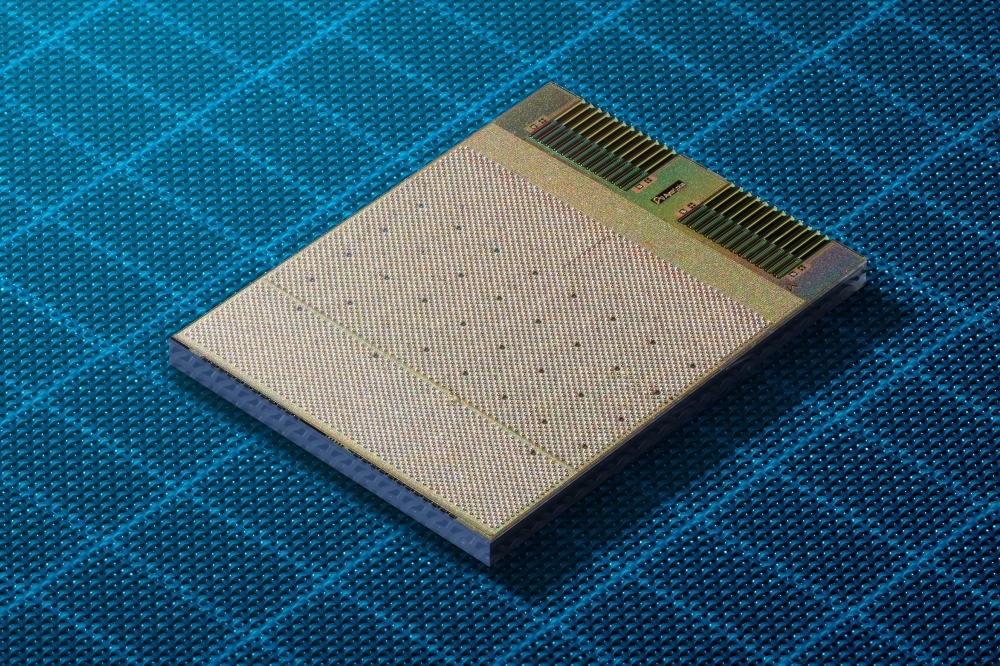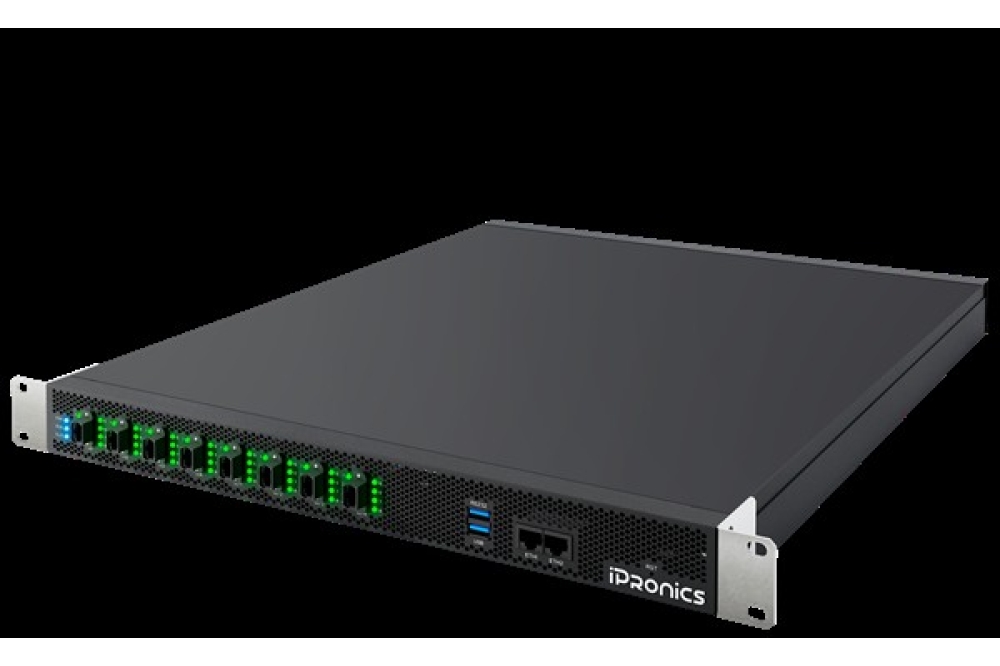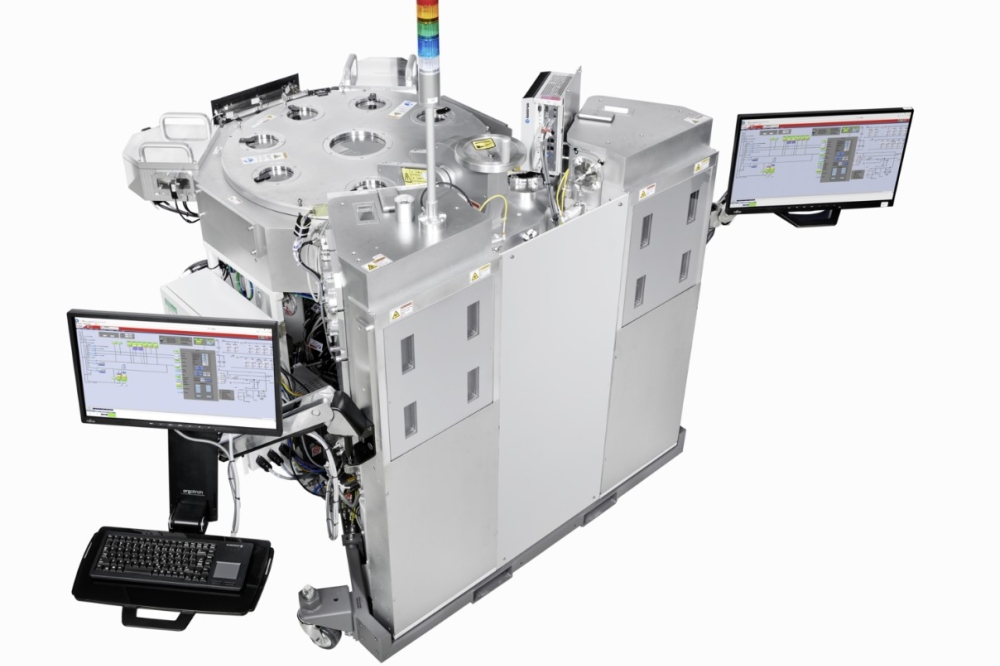QCi wins NASA contract to support space-based LiDAR data analysis

Using its Dirac-3 nanophotonic quantum computer, the company will investigate techniques for removing sunlight noise and achieving good signal-to-noise ratio to enable reliable atmospheric sensing, even in daytime measurements
Quantum Computing Inc. (QCi), an integrated photonics and quantum optics technology company, has announced that it has been awarded a subcontract with a ceiling value of $406,478 to support the NASA Langley Research Center through the development of a quantum computing technique for removal of solar noise from space LiDAR data.
Using its latest Dirac-3 quantum computer, QCi plans to develop and test quantum computing techniques to identify and remove sunlight noise in space LiDAR data. The goal is to help NASA obtain adequate signal-to-noise ratio (SNR) even in daytime measurements. Currently sunlight noise is a major obstacle to obtaining reliable atmospheric sensing and Earth observation data during daytime. Existing approaches to increasing the SNR require the use of optics hardware with excessive size and power parameters, which drive up the weight and mission costs. QCi says its approach leverages the unique capabilities of its quantum optimisation machine to improve SNR without increasing physical payload size, weight, or power requirements.
“This award expands on the work QCi has performed on several previous NASA subcontracts and underscores the growing credibility QCi has earned as a trusted partner in quantum innovation for leading government and research institutions,” said William McGann, CEO of QCi. “Our goal is to deliver a quantum-based denoising solution that could materially reduce the cost and complexity of space-based LiDAR missions. By enabling efficient and accurate data collection during daytime operations, this project has the potential to transform how we approach climate and atmospheric science from space. QCi's quantum machines are already solving complex, real-world problems today, demonstrating the practical impact of our technology.”
The project will focus on demonstrating the application of quantum computing to improving data processing for NASA's space LiDAR, including imagery from the CALIPSO and ICESat-2 satellites, and ultimately aims to significantly reduce the mission costs. If successful, the quantum-based approach could enable NASA to achieve desired performance levels with smaller telescopes or lower-power lasers, opening the door to more compact and affordable LiDAR payloads for future missions.
QCi emphasises that this latest contract reflects its growing capability to apply quantum and photonic solutions to real-world scientific and engineering challenges, and reinforces its continued collaboration with NASA to advance innovation in space and Earth observation technologies.













